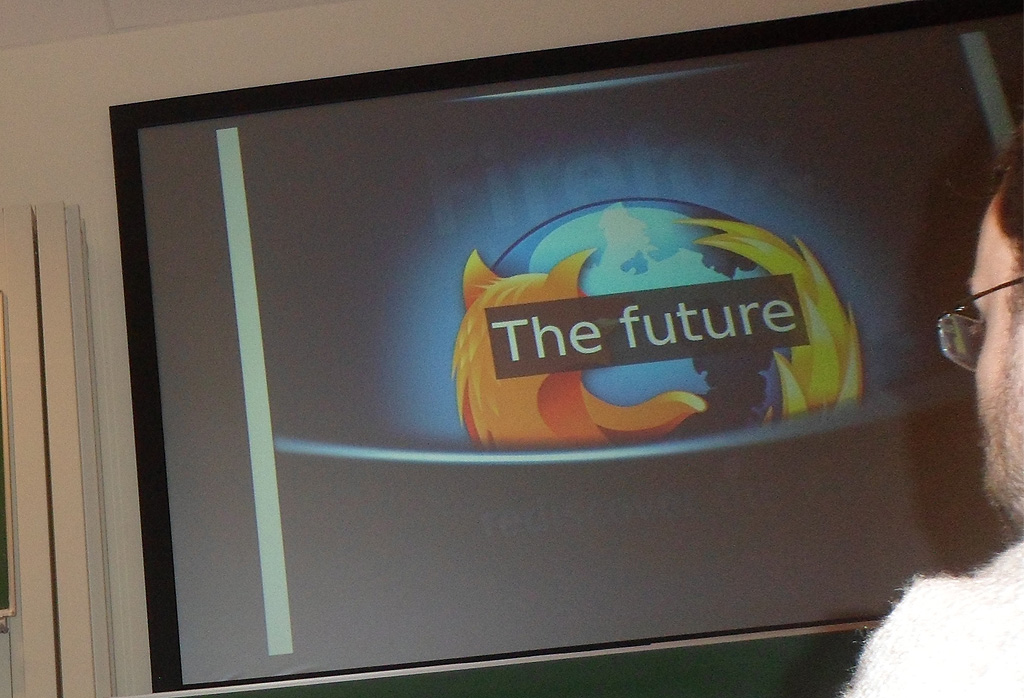Mozilla is offering $2 million for ideas on how to decentralize the Internet
Not-so-easy money, but for a very good cause.

Some 20 years ago when the internet was still a rather new concept to most people, there was not a major push like there is now to bring online connectivity to all corners of the world. What a difference a couple of decades makes. Today many of us take fast internet access for granted, but high speed internet is still far from ubiquitous. As pointed out by Motherboard, today you can chase $2 million in prize money for ideas on how to decentralize the web—which might sound confusing, but what it's really about is improving internet connectivity.
Mozilla has teamed up with the National Science Foundation to offer the $2 million prize pool related to "big ideas" for wireless solutions that can connect communities in areas lacking reliable internet and/or to get people online after a disaster that would normally take down network access.
"In the 21st century, a lack of internet access is far more than an inconvenience—it’s a staggering disadvantage. Without access, individuals miss out on substantial economic and educational opportunities, government services and the ability to communicate with friends, family and peers," Mozilla states in a blog post.
Citing statistics gathered by the FCC, Mozilla says that 10 percent of the US population (around 34 million people) does not have access to high-quality Internet. That number spikes to 39 percent in rural areas and 41 percent on Tribal lands.
This is where decentralization could come into play. Decentralization is not a new concept. In fact, if you're a fan of HBO's Silicon Valley, decentralizing the Internet plays out as a major theme and goal of hilariously awkward protagonist Richard Hendriks.
Mozilla isn't going for laughs, however, and wants to turn fiction into reality. To spur things along, it's offering up a wealth of funds across two separate challenges. One is an off-the-grid Internet challenge in which Mozilla is looking for wireless solutions that can be rapidly deployed in post-disaster situations where Internet access is unavailable or otherwise compromised. And the second is a smart community networks challenge in which it is looking for wireless solutions that can be built on top of existing infrastructures to spread online access to more areas.
If you live in the US and have an idea that you think holds promise, go here for information on how to enter, judging criteria, and other information related to the $2 million prize pool.
The biggest gaming news, reviews and hardware deals
Keep up to date with the most important stories and the best deals, as picked by the PC Gamer team.
Paul has been playing PC games and raking his knuckles on computer hardware since the Commodore 64. He does not have any tattoos, but thinks it would be cool to get one that reads LOAD"*",8,1. In his off time, he rides motorcycles and wrestles alligators (only one of those is true).


